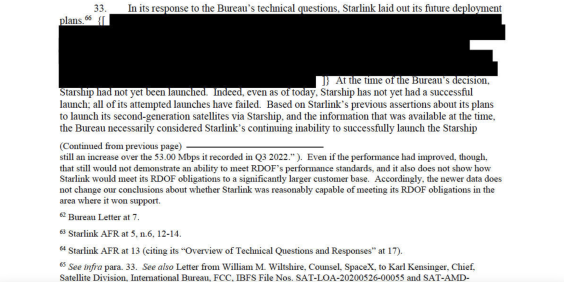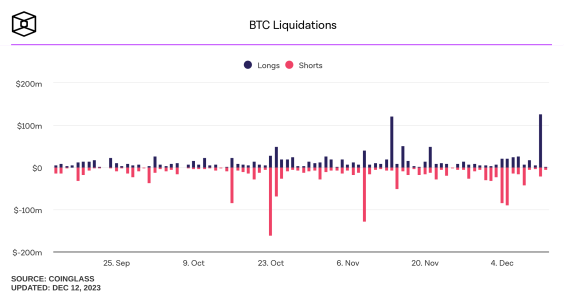This is not investment advice. The author has no position in any of the stocks mentioned. Wccftech.com has a disclosure and ethics policy.
WeWork, the latest in a series of late stage economic cycle, unicorn IPOs has had its wings clipped today amidst huge concerns over its initial IPO filing document, the corporate governance of the company, conflicts of interest and super voting rights. As we’ve reported previously, the company has had major backing from SoftBank (TYO:9984) but big concerns from SoftBank CEO Masayoshi Son have resulted in Neumann deciding today to step down as CEO of WeWork.
This is all a far cry from earlier this year when SoftBank put $2 billion into the firm, valuing it at a staggering $47 billion at the time. Investors now have been burned a couple of times recently with highly valued unicorns in the shape of Uber (NYSE:UBER), Lyft (NASDAQ:LYFT) and Slack (NYSE:WORK) all falling below their IPO placing prices.
WeWork – An Exercise in a Lack of Corporate Restraint
Mark Zuckerberg has a lot to answer for. Aside from the Cambridge Analytica scandal, his mastery for financial engineering boldness in handling Facebook (NASDAQ:FB) voting rights for himself was a blueprint in how many modern day unicorn CEOs feel they should be able to behave. Neumann had 10:1 voting rights with his shares, maybe fine in terms of companies with a solid business model and no other controversies but as we know, WeWork was anything but this. Conflicts of interest abounded as it became clear that the CEO borrowed heavily against his own stock, bought buildings himself which he then rented to his own company.
Eccentric behaviour like reports of weed stashes on private jets flying internationally and aspirations to live forever, elevate the consciousness of the world (an IPO filing statement which SoftBank wanted removed but went ahead anyway) and other nonsense were probably a bridge too far and now we see the boundaries of executive power in the shape of someone who is seen as pivotal to a business having to stand down.
Neumann – The Fallout
So now we have an ex-CEO who has had his voting rights curtailed (now at 3:1, meaning he has effectively lost overall control of the company), still sits on the board though and two new Co-CEOs who are apparently permanent, although that isn’t exactly a traditional setup. Artie Minson (formerly WeWork CFO) and Sebastian Gunningham who was reportedly one of Amazon (NASDAQ:AMZN) CEO Jeff Bezos’ top lieutenants. Neither has held the top job before and steadying the ship will be the order of the day. WeWork is a decent sized entity now with over 15,000 employees but losses that annualise to about $2.5 billion a year if their last quarter is anything to go by.
The plan to IPO however is left in tatters. Hopes that the firm would still be able to access public markets and funding this year seem unlikely which is potentially a bigger problem given that it was a requirement for it to be able to access a $6 billion loan. That combined with a hoped for $3 billion cash raise from the IPO was to fund the next phase of the company’s expansion and settle its balance sheet for a while in the face of continued losses. Now with the IPO on the rocks, the loan is effectively gone until they can negotiate a new one. Given the turbulent economic times we’re in, it feels like this may have been pushed too far.
Potentially of more concern however is that Softbank is now looking like it has a few bad investments on its hands. Uber and WeWork are the high profile ones and if there is a danger that the firm has over-leveraged itself in its pursuit of tech/startup investments and all of a sudden has to take a massive write-down on some of its positions, that could jeopardise the wider tech VC landscape. We'll be following things closely.
Check out our previous coverage on the scandal of the WeWork IPO here.













